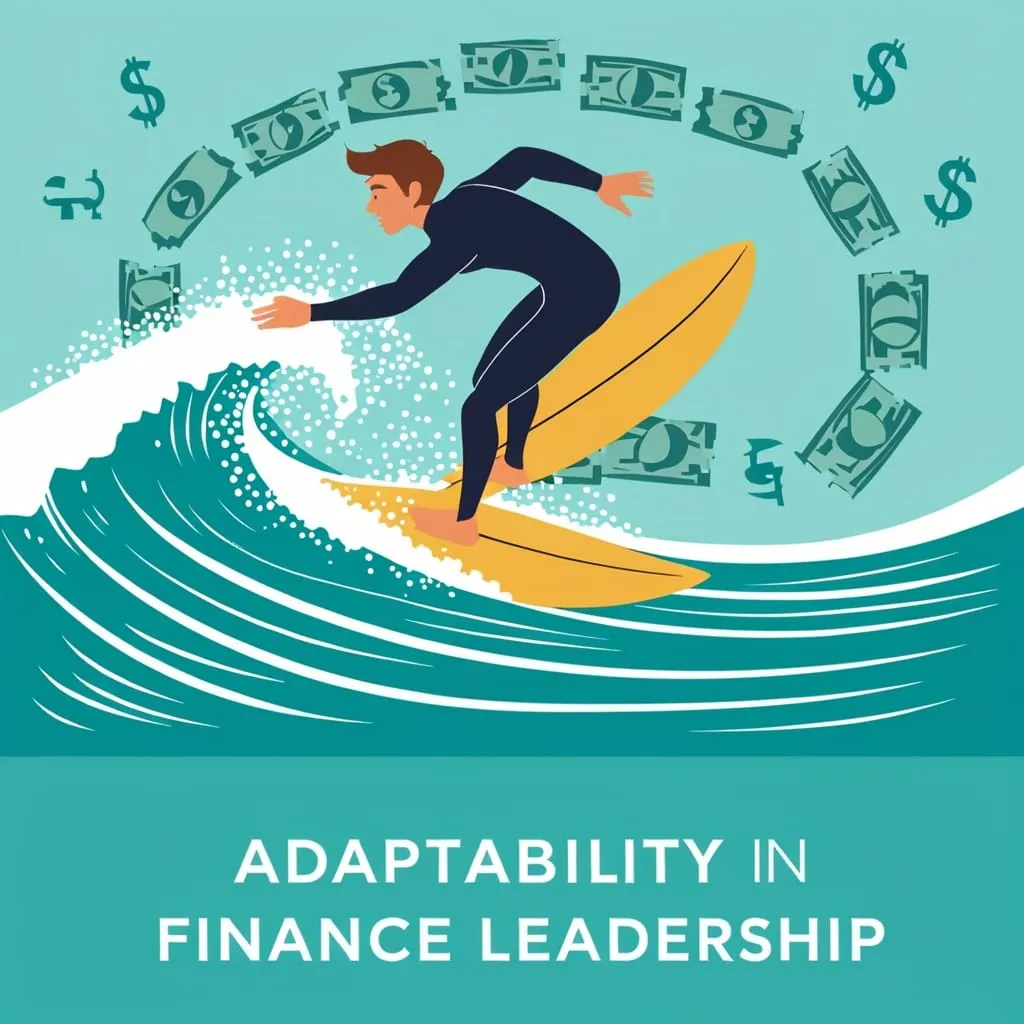Balancing Profit and Purpose: The Art of Ethical Leadership
In today's fast-paced business world, being a successful leader isn't just about raking in the big bucks anymore. It's about finding that sweet spot between making money and doing good. Ethical leadership has become the name of the game, and boy, is it a tricky one to play!
Gone are the days when companies could get away with the "profit above all" mentality. Now, we're looking at businesses through a whole new lens. It's not just about how much cash they're bringing in, but also how they're contributing to society and the environment. It's like trying to juggle while riding a unicycle - challenging, but oh so important.
So, what's the big deal about ethical leadership anyway? Well, it's all about running a company with integrity, fairness, and a sense of responsibility. It's about doing the right thing, even when it might not be the most profitable move in the short term. Think of it as being the good guy in the corporate world - and trust me, we need more of those!
Take companies like Patagonia and REI, for example. These guys have nailed the whole ethical leadership thing. They're all about environmental responsibility and social justice, and guess what? It's not hurting their bottom line one bit. In fact, it's making their customers more loyal and driving long-term growth. It's like killing two birds with one stone, except no birds are actually harmed because, you know, ethics.
Now, here's where it gets tricky. Balancing short-term gains with long-term sustainability goals is like trying to walk a tightrope. On one side, you've got shareholders breathing down your neck for immediate results. On the other, you've got the long-term sustainability of your company and, oh yeah, the planet. It's enough to give anyone a headache!
But here's the thing - compromising on ethics for a quick buck? That's a recipe for disaster. Just look at what happened to Enron or Volkswagen. They thought they could cut corners and get away with it, and boy, did that backfire! It's like trying to take a shortcut on a hike and ending up lost in the woods - not worth it.
So, how do you navigate this ethical minefield? Well, one key strategy is to get everyone involved. And by everyone, I mean everyone - employees, customers, investors, the whole shebang. It's about creating a clear purpose that aligns with your company's values and getting people excited about it. It's like throwing a party where the theme is "doing good" - who wouldn't want to join in?
Companies like Nike and Starbucks have got this down to a science. They're super transparent about their ethical practices and sustainability initiatives. It's not just good for their reputation; it's created a loyal army of customers who are proud to sport their swoosh or sip their lattes.
Now, let's talk about decision-making. In the world of ethical leadership, every decision is like a chess move. You've got to think several steps ahead and consider how it'll affect everyone - not just your bank account. It's about weighing those short-term gains against long-term consequences and choosing integrity over convenience. Companies like Google and Microsoft have baked this kind of thinking into their cultures, making sure their innovations aren't just cool, but also ethically sound.
Here's a mind-bender for you - being responsible isn't just the right thing to do; it can actually give you a leg up in the market. Crazy, right? But it's true! More and more consumers, investors, and employees are gravitating towards companies that show they care about more than just profits. It's like having a superpower in the business world.
Take Unilever, for example. Their Sustainable Living Plan isn't just about feeling good - it's driving innovation and growth while making a positive impact. It's like having your cake and eating it too, except the cake is made of sustainable ingredients and the profits are ethically sourced.
Now, let's talk about the elephant in the room - transparency. In today's world, trying to hide your company's practices is like trying to hide an elephant behind a lamppost. It just doesn't work. Companies need to be open about their ethical practices, environmental impact, and social contributions. It's like showing your work in a math test - it builds trust and shows you've got nothing to hide.
Tesla and Amazon have been getting gold stars for their transparency game. Tesla's open-source approach to electric vehicle tech and Amazon's commitment to reducing its carbon footprint are great examples of how being open can win you fans and influence people.
But here's the kicker - making all these changes isn't a walk in the park. It often requires a complete overhaul of company culture. It's like trying to turn a giant ship - it takes time, effort, and a whole lot of teamwork. Companies like IBM and Dell have pulled it off, shifting from a profit-first mentality to one that values both people and profit. The result? Happier employees and long-term success. It's a win-win!
Now, how do you know if you're doing this whole balancing act right? That's where measuring success comes in. It's not just about counting the zeros in your bank account anymore. Companies need to look at things like employee satisfaction, social impact, and environmental footprint. It's like grading yourself on a whole new set of subjects.
Salesforce and Microsoft are acing this new report card. They use employee satisfaction surveys and social impact reports to make sure they're hitting the mark on both people and profit. It's like getting straight A's in both math and ethics!
Of course, we can't forget about the rulebook. Navigating regulations and compliance issues is like trying to solve a Rubik's cube blindfolded. Companies have to juggle labor laws, environmental regulations, and ethical standards, which can be different depending on where you are in the world. It's enough to make your head spin!
But companies like Apple and Intel show it can be done. They've managed to tick all the boxes on compliance while still maintaining their ethical standards and financial performance. It's like being the kid who follows all the rules and still manages to be cool.
Here's something that often gets overlooked - empathy. It's not just for therapists anymore! Leaders who can put themselves in other people's shoes are better equipped to make decisions that balance profit with purpose. It's like having a superpower that lets you see from multiple perspectives at once.
Take Costco and Trader Joe's, for example. They're known for treating their employees well, with higher wages and better benefits. And guess what? It pays off in happy employees, satisfied customers, and a healthy bottom line. It's like the business equivalent of "treat others how you want to be treated."
Now, here's the thing about balancing profit and purpose - it's not a "set it and forget it" kind of deal. It's more like a never-ending dance. You've got to keep moving, adjusting, learning from your mistakes, and celebrating your victories. It's a journey, not a destination.
Companies that have mastered this dance, like Johnson & Johnson and 3M, have found that it leads to long-term success. They've built trust, enhanced their reputation, and kept the cash flowing. It's like planting a tree - it takes time and care, but eventually, you get to enjoy the fruit.
So, there you have it - the art of balancing profit and purpose. It's not easy, but it's definitely worth it. In today's world, being an ethical leader isn't just about doing the right thing (although that's pretty important). It's about securing the long-term success of your company, building trust with your stakeholders, and maybe even making the world a little bit better in the process.
Remember, in the grand balancing act of business, profit and purpose aren't opposing forces - they're dance partners. And with the right moves, you can lead your company in a dance that's not only profitable but also purposeful. Now that's what I call a business tango worth watching!





